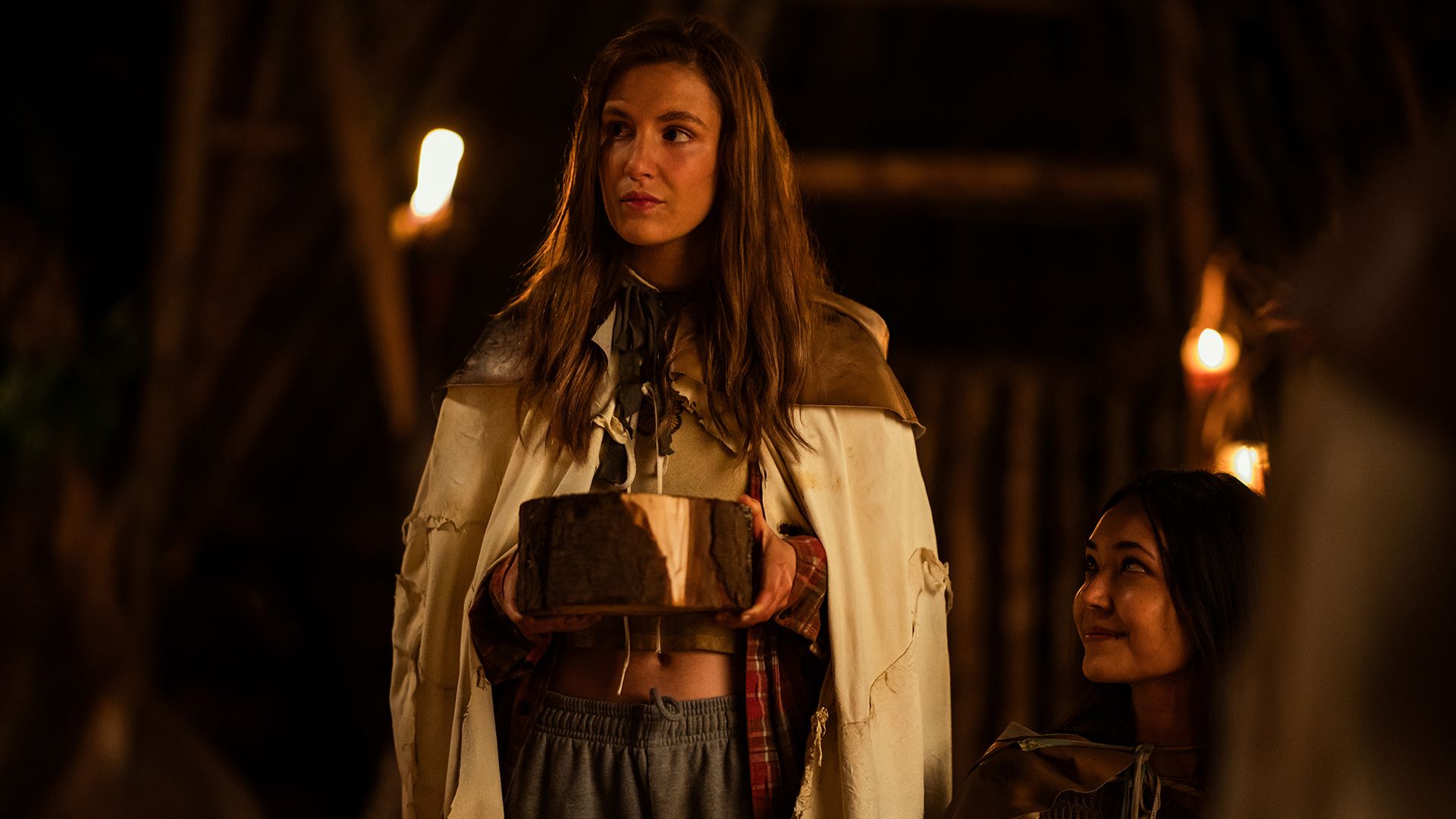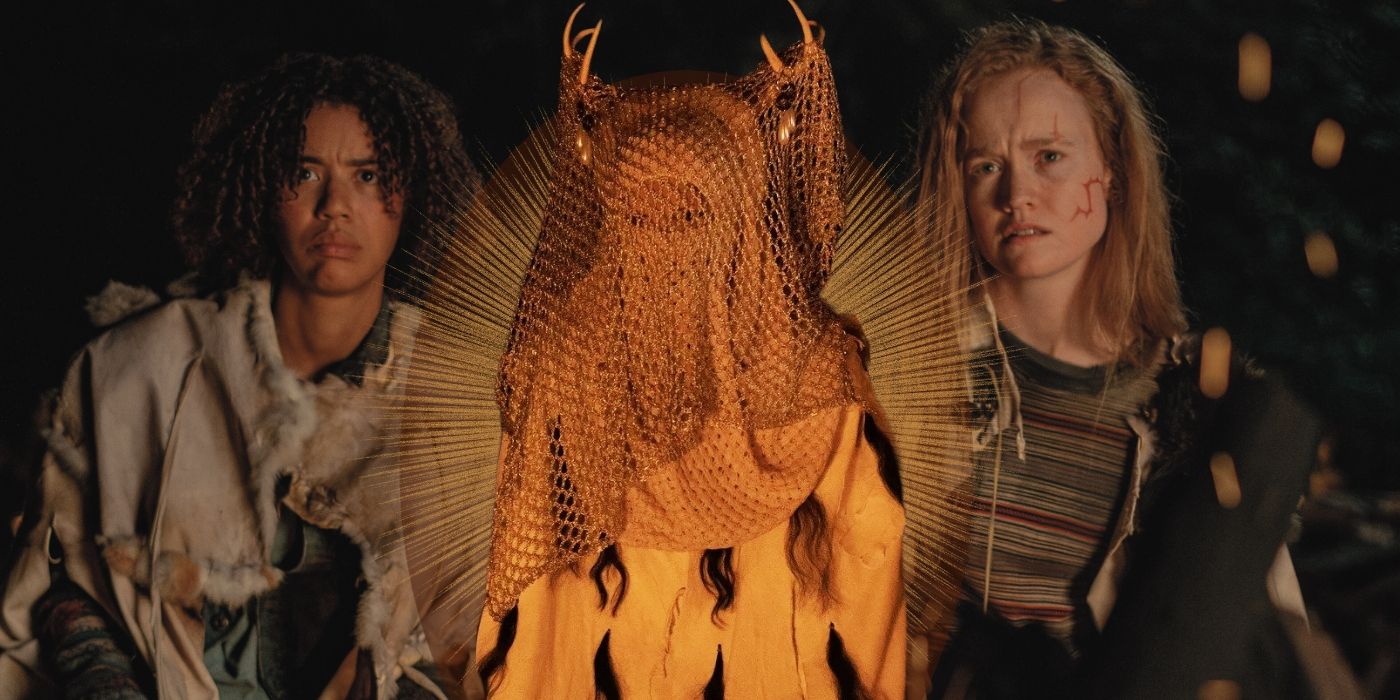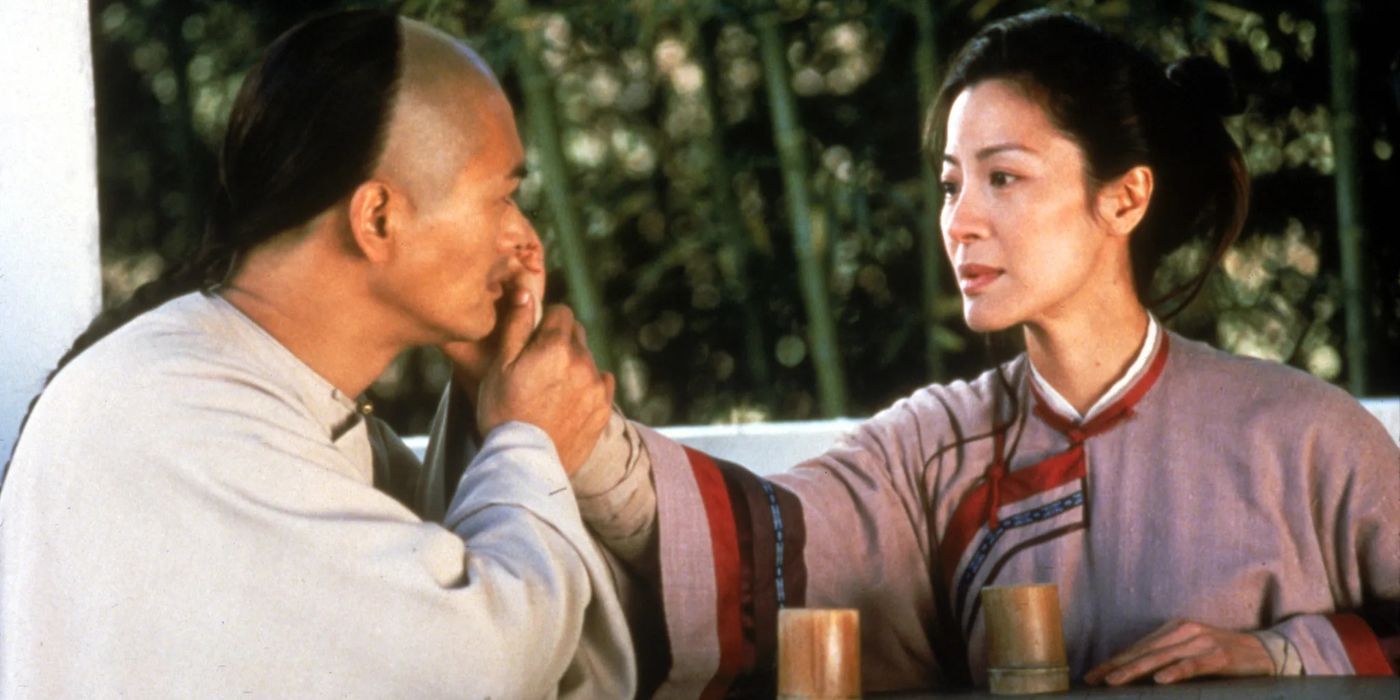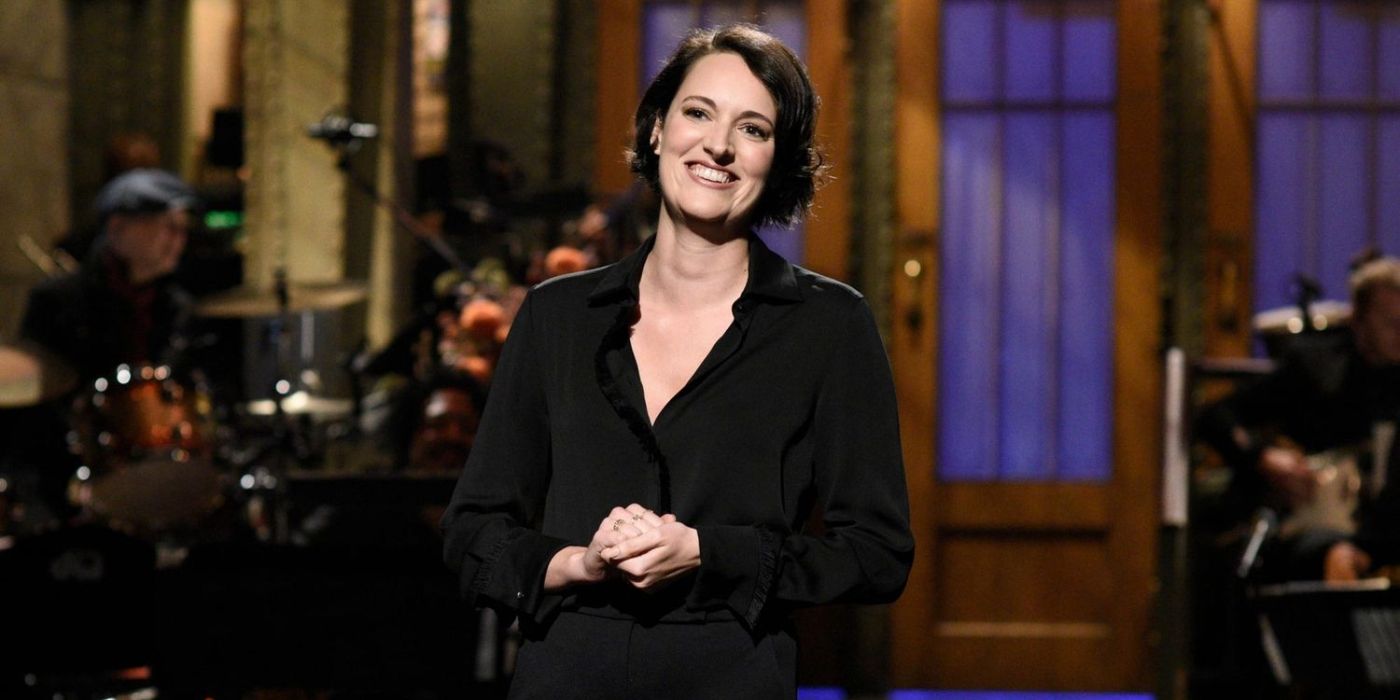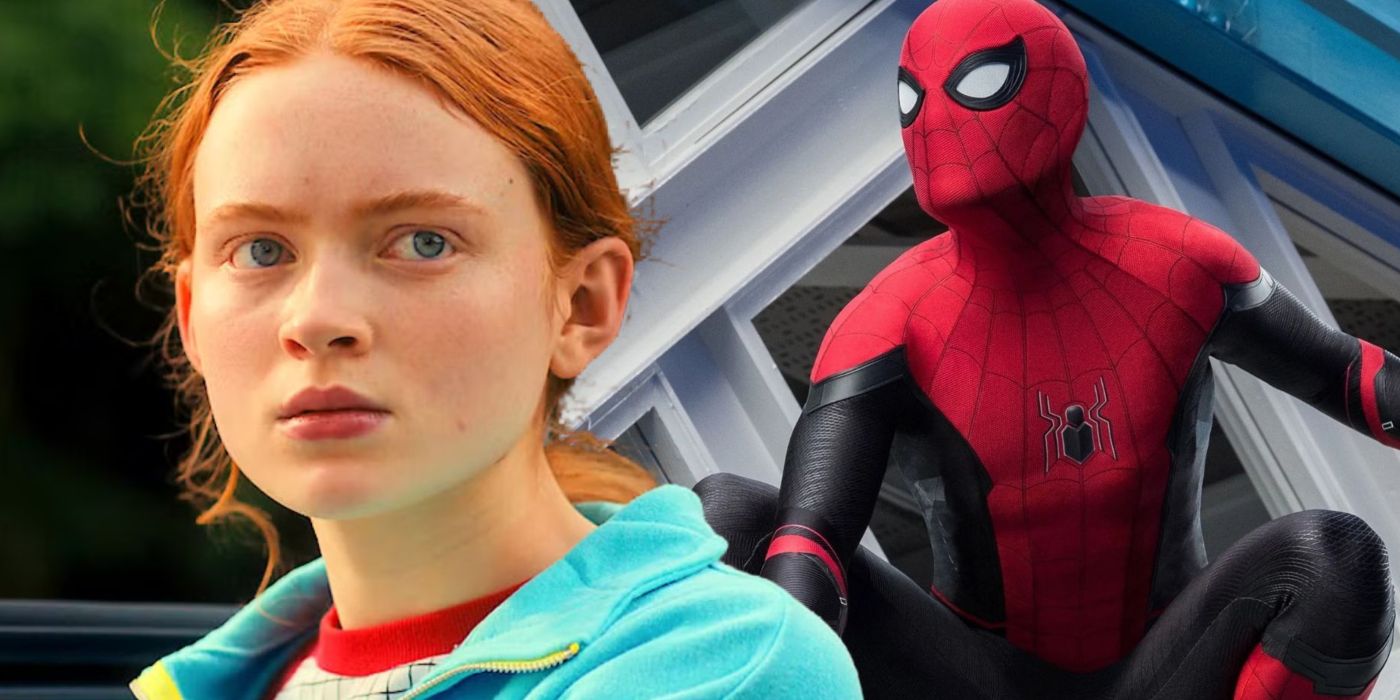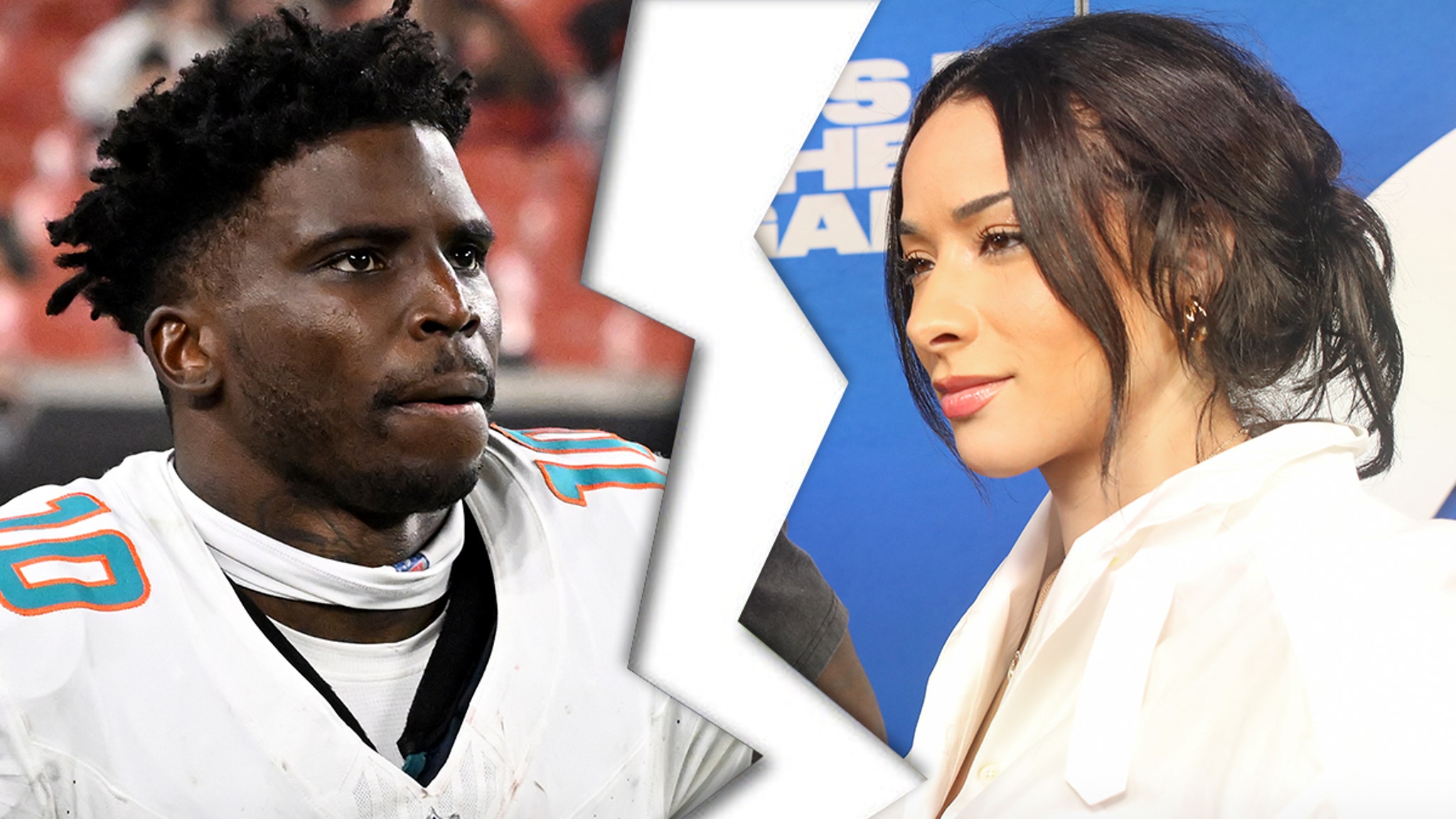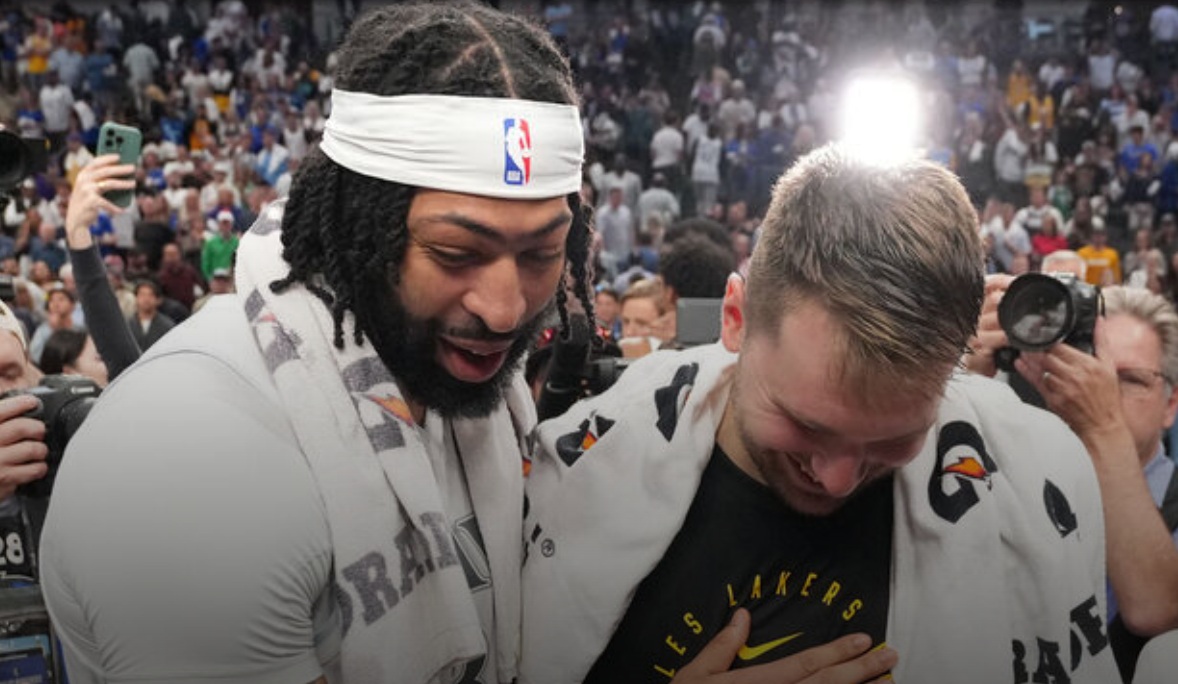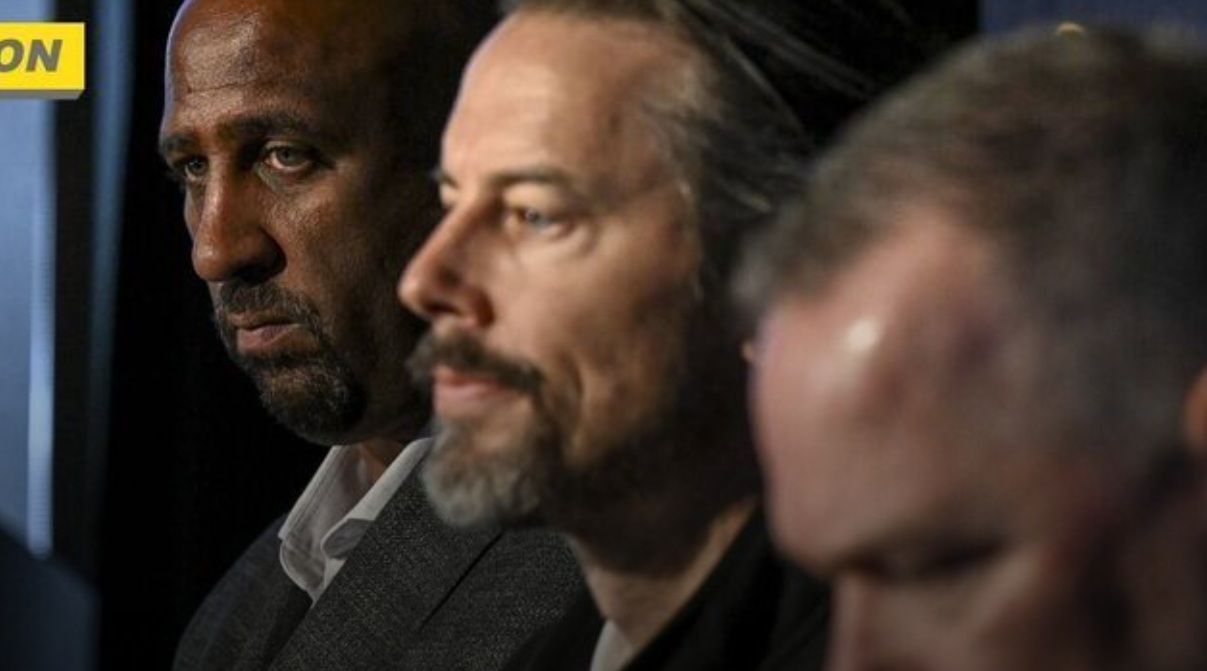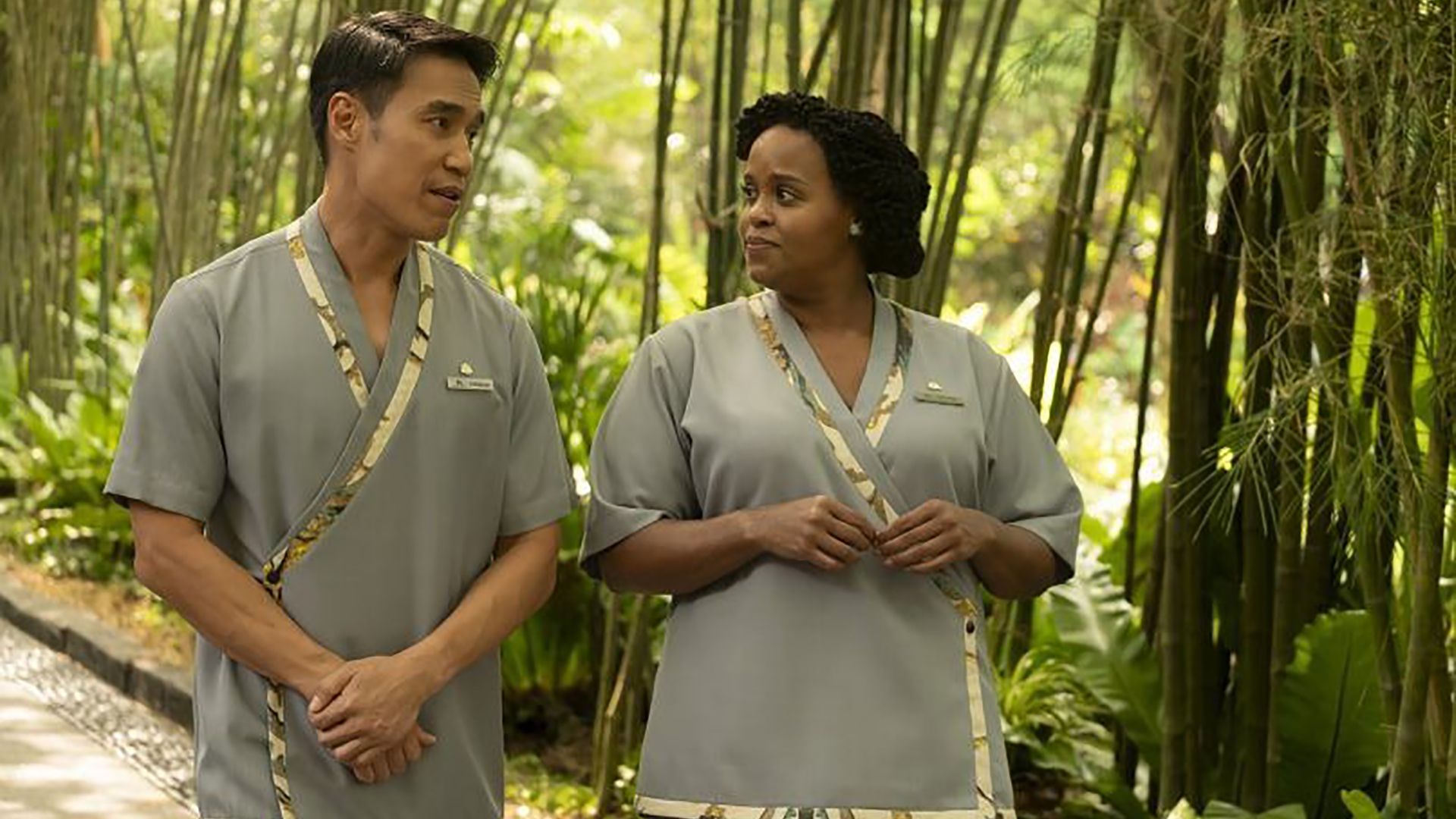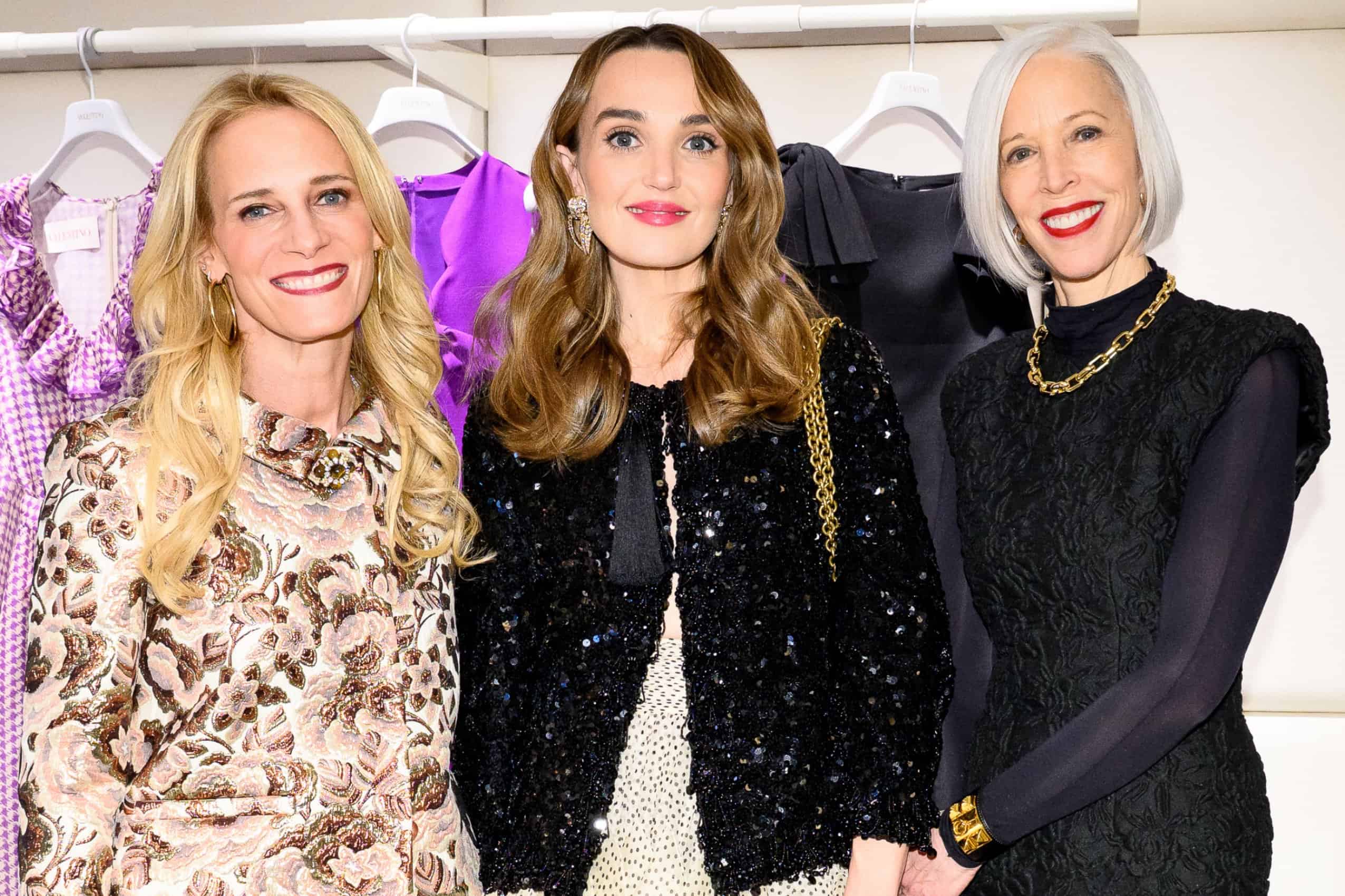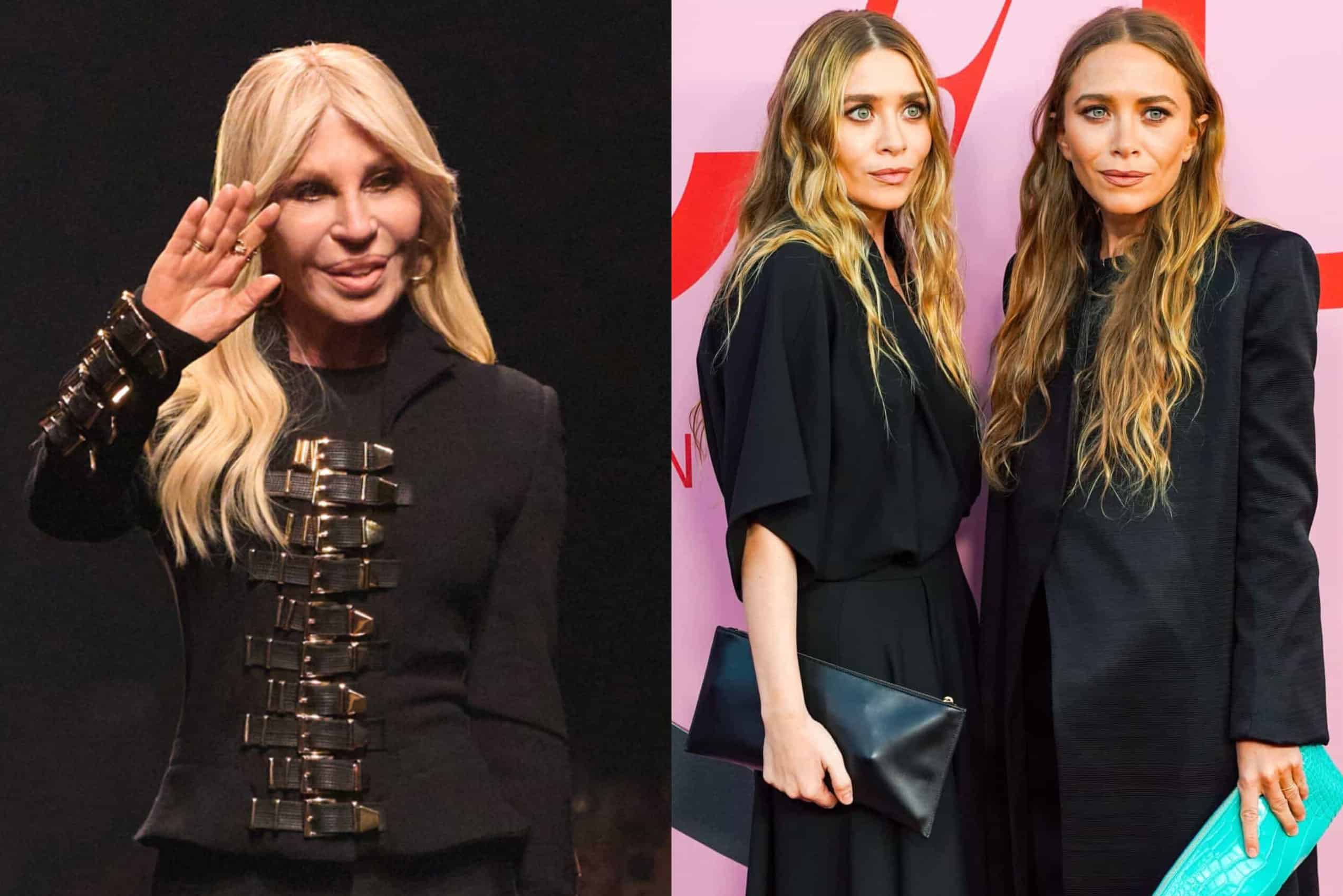There’s a wealth to explore and yet, much like your mom before a road trip, let’s lay down some ground rules. We won’t be using the word “female” unless we’re referencing the Xenomorph Queen because that term could refer to any species—horses, platypuses, chimera—it’s too broad. However, “femme” is an inclusive term that speaks to those of us who identify as such. Secondly, as much as we adore them, we won’t be talking about the Disney Villains because they have a tendency to take over a conversation. As delightfully dangerous dames should. Adjacent to that conversation is the villainization of older women in fairytales, but we’re aiming more for entertainment than a dissertation. Finally, we’re going to skip the conversation about “likability” and instead focus on the truth: a great villain has to be despised inside their world and yet become a guilty pleasure out here in ours. Full stop.
Are you ready? Did you take a bathroom break? Let us begin.
Big Bad, Small Package
The first of our evil iconoclasts is one whose effect can be seen in Regan MacNeil from “The Exorcist” (1973) and Claudia from “Interview with the Vampire” (1994); her influence is apparent in “The Shining” (1980) as well as in “Orphan” (2009), alongside the other wicked little girls throughout cinema. The film is “The Bad Seed” (1956), her name is Rhoda Penmark, she is eight years old, and she is a magnificent murderer who continues to thrill. The pigtails, the frilly dresses, the evil glares when no one is watching. Rhoda is cruel enough to kill anyone, utilizing the most vicious means (burning, drowning, bludgeoning), and then blaming the victim. As though they had it coming all along. They didn’t, but she did.
Work, Queen!
The Wicked Witch of the West cannot be denied her crown. We recognize her by look, by the sound of maniacal laughter, and by deed. Everything that can be said has been said, unless we talk about the scions of this villainous icon. We’ve all sung along to her Broadway remix, Elphaba from Wicked—also set to be a film—but let’s go back further in time.
When Mabel King swished, strutted, and glimmered her way onto a runway as Evillene in “The Wiz” (1978), the ostentatious opulence of the dress, the ferocity of the makeup, and her command of her domain became an instant classic. Not to mention that voice. Evillene forced us to bow down when she sang “Don’t Nobody Bring Me No Bad News.” Her drag was impeccable. As was her sharply enunciated command to “Work!” With that, Evillene accomplished a feat the mainstream wouldn’t see again until RuPaul demanded the same in “Supermodel (You Better Work),” his 1993 hit. Worse, so much worse (which is praise when it comes to a villain), this Queen of the Wicked Witches did it all while stomping on the proletariat in her own sweatshop. The audacity is outstanding.
You can view the original article HERE.


